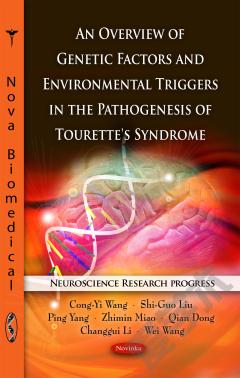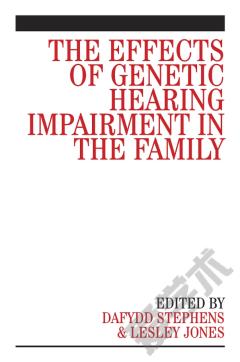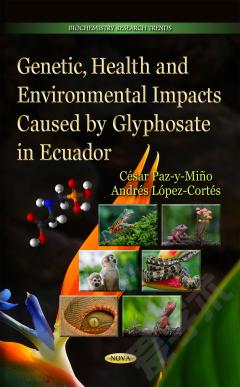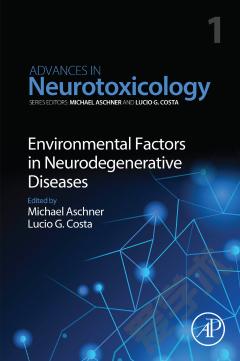Genetic Effects on Environmental Vulnerability to Disease
Much research has attempted to show direct linear relations between genes and disorder. However, scientists have been discouraged by inconsistent findings based on this simple gene-phenotype approach. The alternative approach is to incorporate information about the environment. A gene-environment interaction approach assumes that environmental pathogens cause disorder, whereas genes influence susceptibility to environmental pathogens. This book brings together contributions from experts from multiple disciplines who discuss: How epidemiological cohort studies can better integrate physiological (mechanistic) measures; How best to characterise subjects’ vulnerability versus resilience by moving beyond single genetic polymorphisms; How gene hunters can benefit from recruiting samples selected for known exposures; How environmental pathogens can be used as tools for gene hunting; How to deal with potential spurious (statistical) interactions, and How genes can help explain fundamental demographic properties of disorders (e.g. sex distribution, age effects).
{{comment.content}}








 京公网安备 11010802027623号
京公网安备 11010802027623号